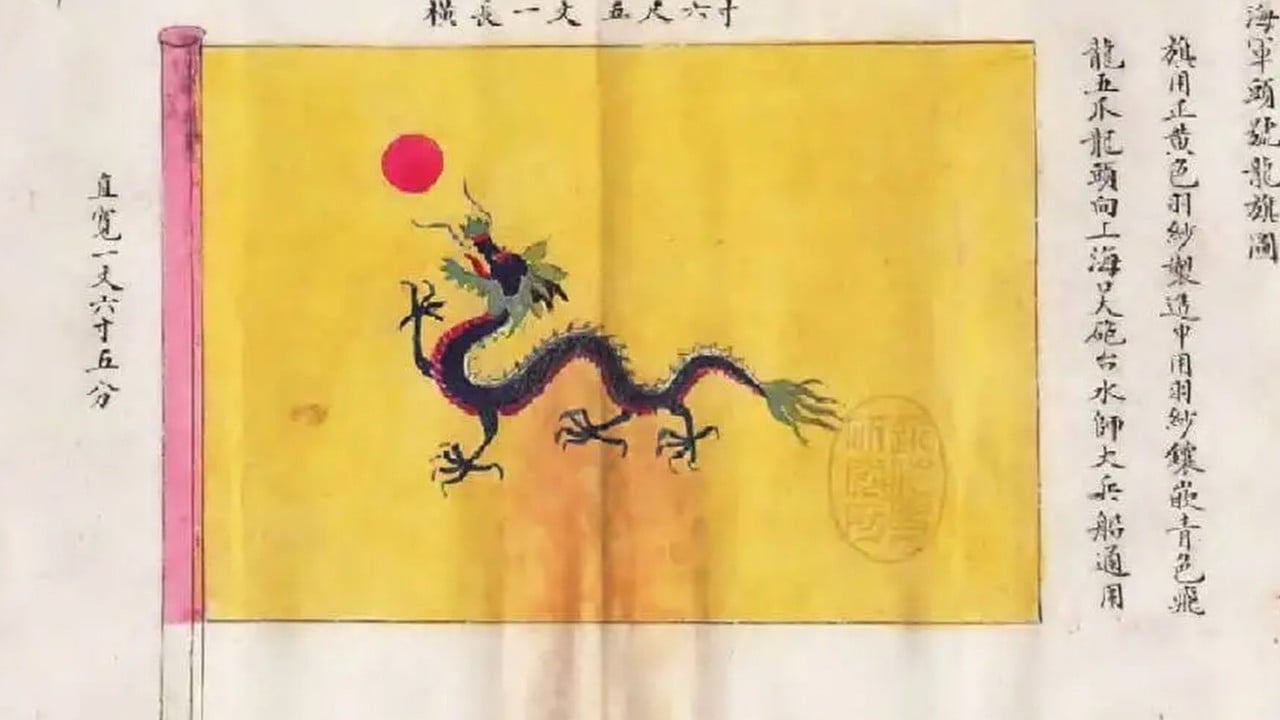Las Bambas
2019 - Film & Video (Film & Video)
5:52 minutes
Elena Tejada-Herrera
Las Bambas by Elena Tejada-Herrera takes the name of a copper mine in the Andean department of Apurímac, Peru. The operations of this mining project were resisted by the local peasant communities, whose protests forced it to paralyze its operations. As of 2023, this is the most serious unresolved social conflict in the country. Las Bambas is the result of the digital combination of two drone videos. One shows two mothers with their daughters dressed in shiny sequined outfits that tenderly caress each other; the other shows aerial images of a forest, a stream, a waterfall, and vegetation burning. While various bodily gestures of care and affection appear throughout the video, a girl’s voice tells the story of the mine and its effects, such as the dynamics of exploitation, forced labor, displacement, and the militarization of the area. The artist doesn’t hide the digital edition, showing blurred edges and saturating the colors to create a poisoning atmosphere. The shiny dresses slowly reveal themselves as a representation of mercury, cadmium, arsenic, and other metals on the skin of mother and daughter that we can now see are also cleaning each other’s bodies.
Elena Tejada-Herrera is a key figure at the intersection of feminist, performance, and technological art in Peru. In the 1990s, video was used by Tejada-Herrera as a performative tool and an activistic device that appropriated the languages of mass media to highlight their patriarchal logic and its complicity with the Fujimori dictatorship. The artist’s early work was positioned as an antagonistic force in the local art scene, operating as a killjoy of the rites of the bourgeois and elitist art system through unannounced public actions. Tejada-Herrera has since developed a hybrid, interdisciplinary practice that combined painting, drawing, installation, sculpture, video, and experimental forms of conversation and process-based and collaborative dynamics. Her work explores forms of erotic reinvention of human/nature relationships beyond heterosexual anthropocentric narratives and the effects of environmental contamination and territorial devastation caused by the extractive industries in Latin America. Privileging ‘poor’ and post-internet aesthetics, Tejada-Herrera takes a position against the production of neoliberal citizenship and the institutionalization of impunity.
Colors:
Related works sharing similar palette
» see more

© » ARTS EQUATOR
Pagkamalikhain, Konserbatismo, at Sensura: Isang Maikling Tanaw mula sa Pilipinas | ArtsEquator Skip to content Sa isang masaklaw at pangkasaysayang pagsusuri ng sensura sa Pilipinas, mula kay Marcos (Senior) hanggang kay Marcos (Junior), inilalatag ni Katrina Stuart Santiago ang mito ng kalayaang pansining sa Pilipinas...

© » ARTS EQUATOR
Confronting Truths in Ho Tzu Nyen’s “The Mysterious Lai Teck” | ArtsEquator Thinking and Talking about Arts and Culture in Southeast Asia Articles Courtesy of the artist May 2, 2019 By Patricia Tobin (736 words, 3-minute read) Spoiler Alert: This review contains spoilers for The Mysterious Lai Teck , which will run from 17 to 19 May at the Singapore International Festival of Arts...
Related works found in the same semantic group
» see more

© » KADIST
Otobong Nkanga
2015Tsumeb Fragments was produced for the exhibition at Kadist, “Comot Your Eyes Make I Borrow You Mine” in 2015...

© » KADIST
Amy Balkin
2012Data mining is a computer software process that can involve the neutral or benign analyzing of internet data for patterns, however, it can also imply the more sinister activities of surveillance or subject-based information gathering...



